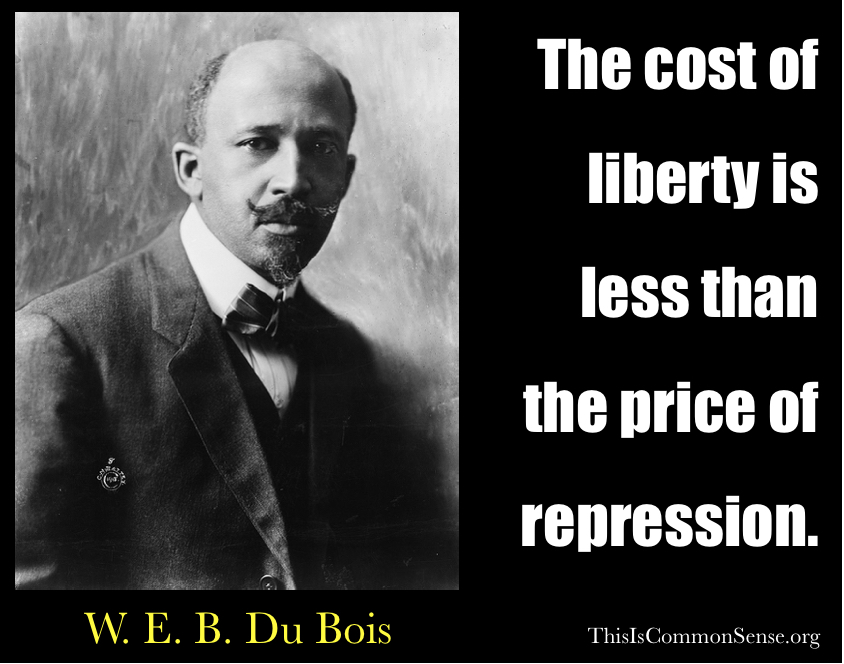The Epoch Times has produced a handy policy comparison between the two major-party candidates for the presidency of the United States, former President Donald Trump and current Vice President Kamala Harris.
Maybe issues don’t matter so much now, though: more talked-about is Trump’s stunt scooping fries at McDonald’s, which got Democrats so upset (to their detriment), or Kamala Harris’s bizarre quip at a rally where two young men shouted “Jesus Is Lord!” and “Christ Is King!” as they were being thrown out. The Veep’s response that they were at the wrong rally was construed by many to suggest that her supporters aren’t Christians.
Nevertheless, The Epoch Times is right to emphasize policy. It’s a big subject, so let’s just compare the candidates on “The Economy.”
Donald Trump “Pledges to reduce inflation by increasing American energy production, cutting wasteful government spending, and preventing illegal immigration,” and “Seeks to lower commodity prices by ending global wars.” Are these “good for the economy”? Probably; mostly. But distant from the heart of inflation.
Worse, Trump allegedly “‘Strongly’ feels presidents ‘should have at least a say’ in the Federal Reserve’s monetary policy decisions.” The Fed is indeed key, but the only way to reduce inflation immediately is through the kind of policies presidents tend to hate — for example, the deflation that Fed Chairman Paul Volcker performed on Jimmy Carter’s economy that helped get Reagan elected.
Kamala Harris sticks to progressive standards, proposing “a federal ban on corporate price gouging on food and groceries to tackle inflation,” which would backfire into a major economic debacle, complete with shortages and calls for rationing and worse. It fits in nicely with another typical progressive plank, calling for “raising the minimum wage,” which would lead to less employment partly through increased robotization of businesses now employing the workers affected, the low-skilled (the ones Trump calls “great”).
Looking over their substantive policies, it’s easy to see why “culture war” issues prevail.
This is Common Sense. I’m Paul Jacob.
PDF for printing
Illustration created with Midjourney and Firefly
—
See all recent commentary
(simplified and organized)
See recent popular posts





